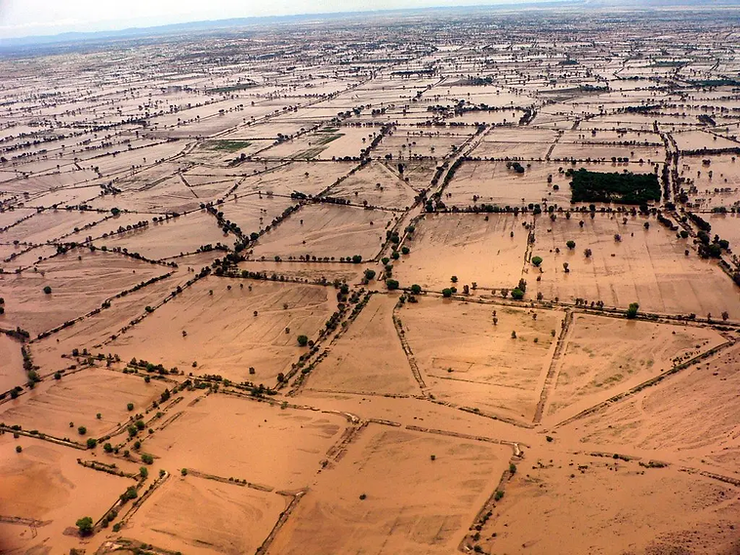By: Michael Chang
From June through August during the past few years, the monsoon season has torn through Pakistan. In 2022, due to poor infrastructure and climate change, the monsoons heavily impacted the people and government of Pakistan, causing many deaths and significant financial loss.
In the Global Climate Risk Index, Pakistan was one of the ten most vulnerable countries to climate change in 2021. Also, the Global Climate Risk Index reports that Pakistan has lost about $3.8 billion due to climate change-related maintenance and relief and experienced almost 10,000 deaths caused by climate change between 1999 and 2018. Furthermore, according to officials from the National Disaster Management Authority, within the past five weeks, at least 282 monsoon-related deaths were reported in Pakistan.
Sherry Rehman, Pakistan’s minister for climate change, stated that the monsoon season this year, so far, has been 87 percent more devastating than the previous monsoon seasons due to climate change. In July 2022, Rehman remarked at a news conference, “This is a national disaster.” Rehman also advised that Pakistan should prepare for more floods in the future that will continue to harm the poor infrastructure in Pakistan.
Thus far, in July 2022, Pakistan’s largest city, Karachi, experienced record-setting rains, flooded houses, and suspended electricity.
In addition to causing at least 31 deaths in Karachi, these monsoon-related floods underlined the poor infrastructure of Pakistan. Even before the monsoon season started, numerous roads crumbled. This summer, after the floods formed, the insufficient infrastructure of Pakistan worsened.
Karachi’s administrator, Murtaza Wahab, admitted that his city has outdated sewage and drainage systems that need renovations. Wahab also reported that the government has started, but has not completed, these renovations before the 2022 monsoon season.
An accountant in Pakistan, Fazal Ali, explained his monsoon experience this year, “The water waves gushed into the home whenever a vehicle passed by our house through the street. The government has learned no lessons from past disasters.” After being displaced by the floodwaters, Ali’s disapproval of the government’s lack of action was common among Pakistanis.
Similarly, after floods demolished many wholesale markets, Hakeem Shah, the leader of Karachi’s trading market, remarked with frustration, “It was complete incompetence of the government. Now the government should compensate the traders, who are already suffering from inflation.” As Pakistani residents blamed the government’s inaction, the Pakistani government blamed the extreme intensity of the monsoons.
As the monsoon season continues to unleash chaos throughout Pakistan, the Pakistani people can only hope that the monsoons do not increase in severity and that the remaining inadequate infrastructure endures.
Sources:











